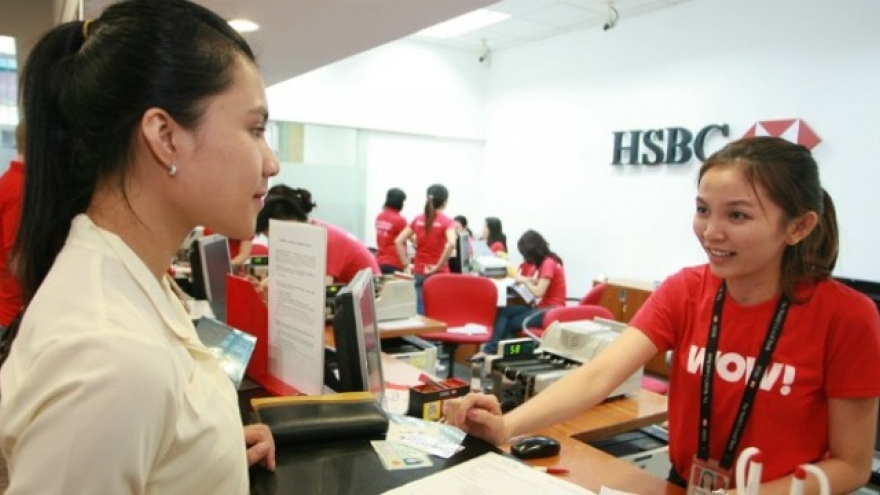The race for ‘seats’ at banks gets hot
Big changes in key personnel in the banking sector are occurring as the bank restructuring process gears up.
 |
After shareholders’ meetings, in late 2015, Eximbank elected a new board of directors. Le Minh Quoc was appointed as the chair of the board of directors, and the representative from Vietcombank the head of the supervisory board.
Eximbank also has changed its CEO. Le Van Quyet, who once worked for the State Bank of Vietnam, took the office as the ‘captain’ of Eximbank in March 2016.
However, the personnel problems at Eximbank still cannot be settled. The struggle for power has become even more violent as doubts about election frauds have been raised. This was the reason behind the two failures of the bank to organize the 2016 shareholders.
The bank recently decided to hold a shareholders’ meeting for the third time in August. However, the meeting has been postponed. And there has been no final decision about whether to appoint one or three more members to the board of directors.
The struggle for power is also happening with Sacombank, though the admission of Southern Bank into Sacombank is completed.
Sacombank has changed its chair of board of directors no fewer than three times in the last three years, since the day the bank fell into the hands of the group of big shareholders which comprises Tram Be, Le Hung Dung, former chair of Eximbank and Pham Huu Phu, former chair of Sacombank and former CEO of Eximbank.
Just in the last year, Viet A Bank dismissed six deputy CEOs. Most recently, Viet A Bank dismissed Phuong Thanh Nhung from the post of CEO and appointed her the deputy chair of the board of directors.
The bank also decided to appoint Nguyen Van Hao to the post of deputy CEO since May 6, 2016.
Viet A Bank is following necessary procedures to increase charter capital from VND3 trillion to VND3.5 trillion. Viet A was listed among the banks which would be taken over by other institutions because of its weak financial capability and competitiveness.
However, Viet A Bank has received approval from the State Bank to undergo restructuring.
At VIB, the bank has appointed Vuong Thi Huyen, director of corporate banking, and Godfrey Swain, director of retail banking as deputy CEO. With the appointment, the board of directors of the bank has seven members, including one CEO and six deputy CEOs.



